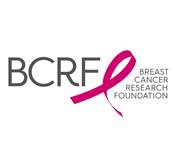
Bridging The Gap In Breast Cancer
04/29/2015 10:52AM | 7678 viewsBreast cancer research has fueled advances in early detection, prevention and treatments that have had a significant impact on many women. In the U.S. alone, there are nearly three million breast cancer survivors today; however, in spite of this trend, not all women experience the same good fortune. Disparities in breast cancer health, care and survival still exist across various populations, in particular the Hispanic community.
These health inequities occur across the spectrum of breast cancer, from prevention and early detection to treatment and end-of-life care. The discrepancies in breast cancer are complex and include race, ethnicity, socioeconomic, cultural and geographic factors. These factors can create barriers to screening, follow-ups after diagnosis, and completion of prescribed treatment as well as overall outcomes.
While Hispanic women have a lower incidence rate compared to non-Hispanic whites, breast cancer is the most commonly diagnosed cancer and the leading cause of cancer death in Latinas. Their breast cancers are more likely to be detected at an advanced stage, causing treatment options to be fewer and less effective. By understanding their risk, becoming better educated about preventative care and learning how to navigate conversations with their doctors, they can take control of their health and become more active players in their health care.
As part of our mission to end breast cancer, we at the Breast Cancer Research Foundation (BCRF) are committed to bridging the gap between these health inequities. To help reduce disparities in breast cancer, our physicians and scientists are conducting research to better understand the differences in genetic and biological risk factors across populations. BCRF has supported key players making critical headway in understanding the inheritable risk of breast cancer, from discovering the BRCA1 and BRCA2 mutations to uncovering ancestry’s relationship to breast cancer by determining those populations at greater risk.
BRCA1 and BCRA2 are the most commonly mutated genes in hereditary breast cancer and recent studies suggest that they may occur more frequently in Hispanic women than previously thought. That’s why our researchers are also working to improve access to genetic testing in high-risk minority groups and develop innovative means to eradicate barriers to preventive screening in high-risk, underserved populations.
When Latinas are diagnosed with breast cancer, they can often experience disparities in outcomes. BCRF researcher Dr. Annette Stanton is trying to learn why these disparities occur. Being diagnosed with breast cancer is undoubtedly overwhelming and can be difficult to deal with emotionally and mentally, often resulting in depression. Unfortunately, currently little is known about the psychosocial impact of breast cancer on Hispanic women. Dr. Stanton is looking to better understand Latinas’ psychosocial needs and their impact on long-term outcomes, as well as adherence to preventative therapy once diagnosed, to improve their breast cancer experience.
Elderly women, regardless of race, often fare the worst with poorer outcomes than younger women. A variety of factors come into play, but too often older patients are excluded from clinical trials because of health conditions that can co-exist with cancer in the elderly. BCRF grantee Dr. Arti Hurria is looking to establish a model for clinical trials that will test cancer drugs in older patients to better understand their side effects and capture the characteristics of this population.
These are just a few examples of disparities in breast cancer health, care and survival facing doctors, scientists and patients today. BCRF is committed to address these inequities as well as others across the cancer care continuum, as are other national organizations, including the American Cancer Society, National Cancer Institute, American Society of Clinical Oncology and American Association of Cancer Research. All of us are focused on tackling the unique challenges the elderly face when diagnosed, increase minority participation in clinical trials, provide better access to the best standards of care and deepen our overall understanding of breast cancer to improve the lives of Latinas and women everywhere.
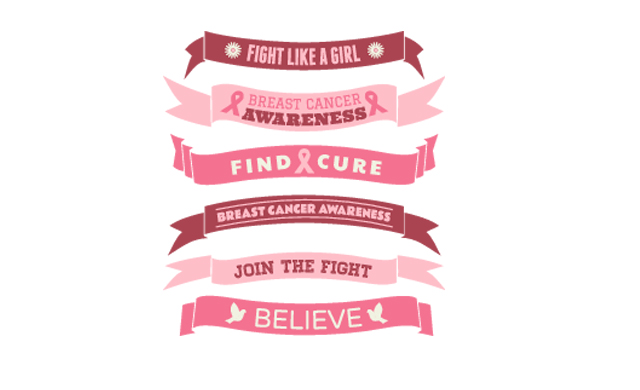







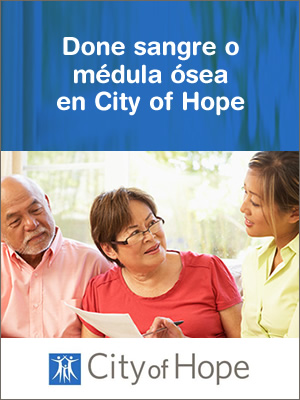
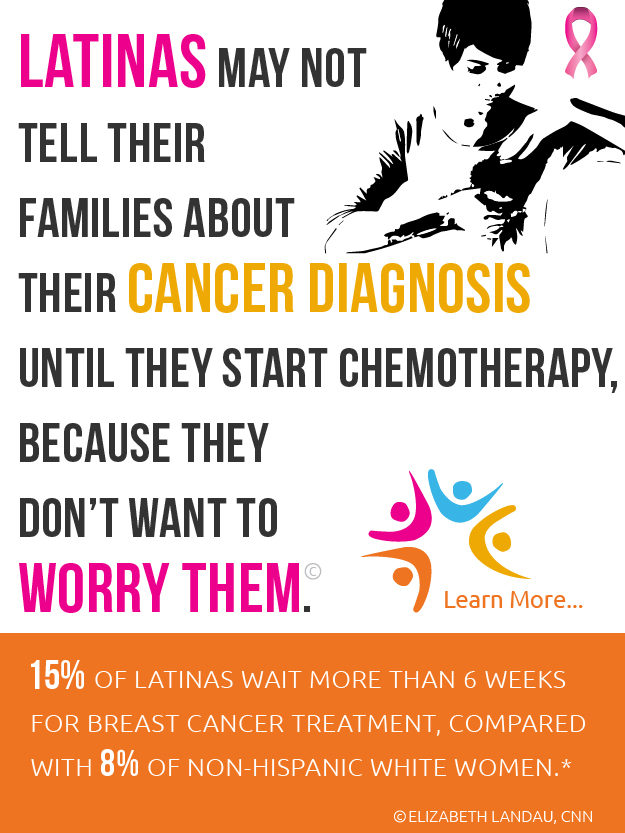
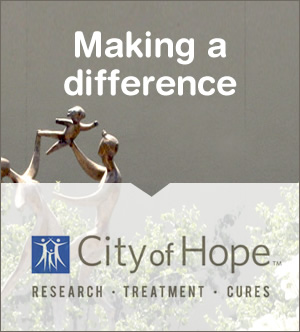
Post your Comment
Please login or sign up to comment
Comments